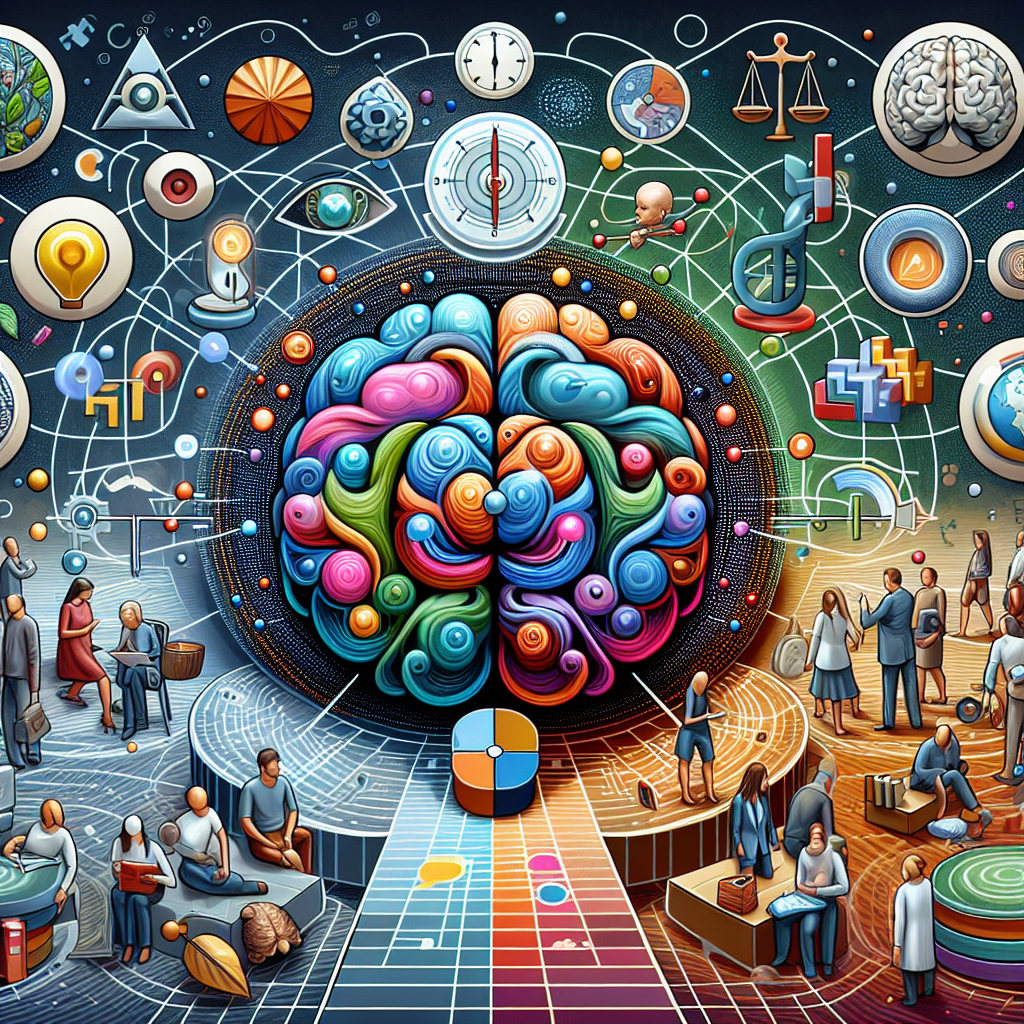Navigating the Ethical Implications of Artificial General Intelligence (AGI)
Artificial General Intelligence (AGI) is a term used to describe a type of artificial intelligence that possesses the ability to understand, learn, and apply knowledge across a wide range of tasks. While current AI systems are limited to specific tasks and lack the ability to generalize their knowledge, AGI has the potential to revolutionize industries and society as a whole.
However, the development of AGI also raises a number of ethical implications that must be carefully considered and addressed. In this article, we will explore some of the key ethical issues surrounding AGI and discuss how we can navigate them in a responsible and ethical manner.
The Ethical Implications of AGI
1. Job Displacement: One of the most pressing ethical concerns surrounding AGI is the potential for widespread job displacement. As AI systems become more advanced and capable of performing a wider range of tasks, there is a real risk that many jobs currently performed by humans will be automated, leading to mass unemployment and economic instability.
2. Bias and Discrimination: Another major ethical issue related to AGI is the potential for bias and discrimination in AI systems. AI algorithms are often trained on biased data sets, which can lead to discriminatory outcomes in areas such as hiring, lending, and criminal justice. It is crucial that we address these biases and ensure that AI systems are fair and equitable.
3. Privacy and Surveillance: AGI systems have the potential to collect and analyze vast amounts of data about individuals, raising concerns about privacy and surveillance. It is important that we establish clear regulations and guidelines for how AI systems can use and store personal data to protect individual privacy rights.
4. Autonomy and Responsibility: As AGI systems become more advanced, they may be capable of making decisions and taking actions autonomously. This raises questions about who is responsible for the outcomes of these systems and how we can ensure that they are used ethically and responsibly.
5. Existential Risks: Some experts have raised concerns about the potential existential risks posed by AGI, including the possibility of AGI systems surpassing human intelligence and acting in ways that are harmful to humanity. It is essential that we carefully consider these risks and take steps to mitigate them.
Navigating the Ethical Implications of AGI
1. Ethical Guidelines: One of the most important steps we can take to navigate the ethical implications of AGI is to establish clear ethical guidelines and principles for the development and use of AI systems. This can help ensure that AI technologies are used in a responsible and ethical manner.
2. Transparency and Accountability: It is crucial that AI developers and organizations are transparent about how their systems work and how they make decisions. This can help to build trust with users and stakeholders and hold organizations accountable for the outcomes of their AI systems.
3. Diversity and Inclusion: To address issues of bias and discrimination in AI systems, it is important to prioritize diversity and inclusion in the development process. This can help to ensure that AI systems are fair and equitable for all users.
4. Regulation and Oversight: Governments and regulatory bodies play a crucial role in ensuring that AI technologies are used responsibly. It is important that we establish clear regulations and oversight mechanisms to monitor the development and deployment of AGI systems.
5. Collaboration and Dialogue: Finally, it is important to foster collaboration and dialogue among stakeholders in the AI community, including researchers, policymakers, and industry leaders. By working together, we can address the ethical implications of AGI in a comprehensive and effective manner.
FAQs
Q: What are some examples of AGI systems in use today?
A: While true AGI systems do not yet exist, there are a number of advanced AI systems that are capable of performing a wide range of tasks, such as IBM’s Watson and Google’s DeepMind.
Q: How can we ensure that AI systems are not biased?
A: One way to address bias in AI systems is to carefully select and preprocess training data to ensure that it is representative and diverse. Additionally, it is important to regularly audit and test AI systems for bias and discrimination.
Q: What are some potential benefits of AGI?
A: AGI has the potential to revolutionize industries such as healthcare, finance, and transportation by automating tasks, improving efficiency, and driving innovation.
Q: How can we address concerns about job displacement due to AGI?
A: One possible solution to job displacement is to invest in education and retraining programs to help workers transition to new roles that are less likely to be automated by AI systems.
In conclusion, the development of AGI has the potential to bring significant benefits to society, but it also raises a number of ethical implications that must be carefully considered and addressed. By establishing clear ethical guidelines, promoting transparency and accountability, prioritizing diversity and inclusion, and fostering collaboration and dialogue, we can navigate the ethical implications of AGI in a responsible and ethical manner.

